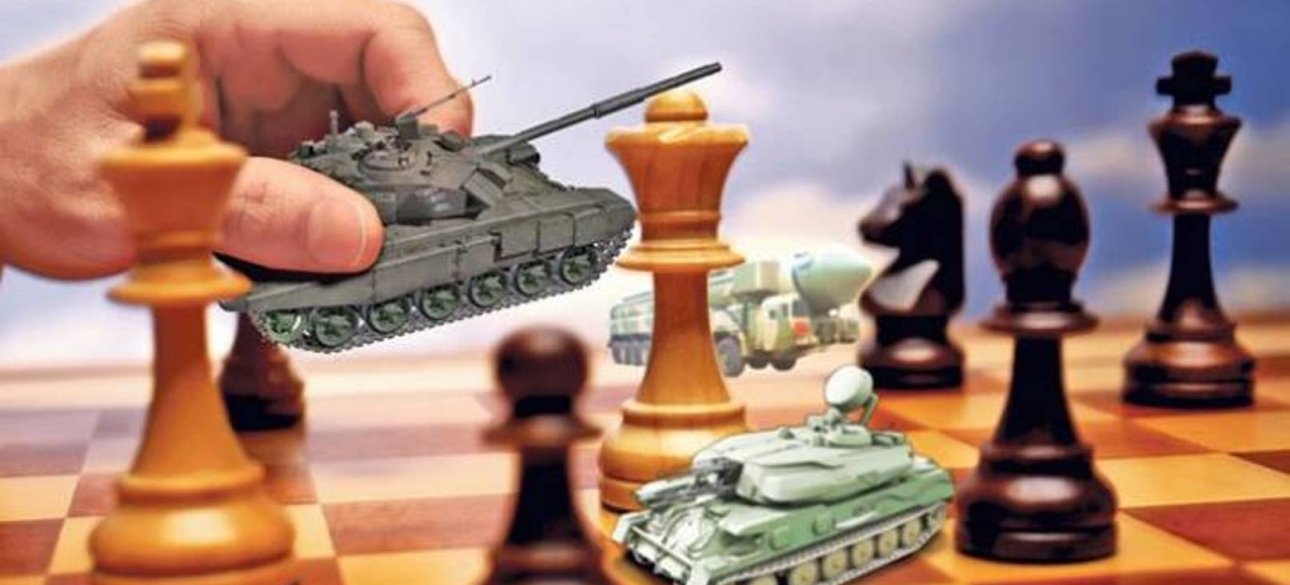
This implies a protracted nature of hostilities for a few more years when domestic commentators give grades in the style of "Pokrovsk will be lost in a few weeks" or in general "Putin will receive Pokrovsk" for birthday, so we manage to give the enemy a moral and psychological advantage. And this background is not quite clear why such narratives are called "Russian", because we can handle here and without Russians - in generating such things.
When it comes to a strategic evaluation of events in the East, we must finally go beyond Edward Luttwak's concept that "Russia and Ukraine are leading the war of the nineteenth century, where the result of war is determined by the course of the General Battle. " And so we somehow turns out that the fighting for any settlement in the east is perceived as Berlin-45, where we are in the role of the Wehrmacht, although to say it, to put it mildly, it is still very far.
If you answer the speculative question "who wins, Russia or Ukraine", the picture is actually such - both parties do not win now, because both have no clear understanding of what victory is. That the Russians have a problem to finally formulate "your own", which we have even about the "borders of the 91st year" as a criterion for victory over the Russians.
This already implies a protracted nature of hostilities for several years can be guided by the fact that there are two interpretations of determining the purpose of the war on Clausewitz - either the "world is better than the pre -war", or "conditions of peace is better than the war.
" Especially in view of the second definition, 5-10% of the necessary Ukraine already has-for example, the experience of successful offensive actions in the enemy, or successful annihilation of the power of the Black Sea Fleet as an operative-strategic group, which had an unconditional advantage.
But if you think objectively, in terms of the definition of the picture, at least "the world is better than the pre-war" we will still have to do work on the principle of "paretic efficiency", where 80% of effort will go by 20% of the result. When it comes to various visions of the future, it is better not to admire the idea of how technologies can radically change the nature of the war, because it leads to counterproductive consequences.
This is how in political thought was the concept of "end of history" according to Fukuyama, so in military thought was a similar thing, especially after the publishing book of Tofler's "War and Antivas" in the 2000s, where it was proclaimed that now the third wave was gone, Where for hostilities play the role of knowledge, not mass, so instead of "Chugunia" requires high technologies.
Everything was smooth until February 24, 2022 came, and here it turned out that the modern war requires both knowledge, mass, and "chuguni" in parallel with high technologies. If you look back and remember the events of spring 2022, then the feeling that then we won can be called just.
Because then the whole world was preparing for the fact that in modern conditions, the war can only be in such a scheme - "the rapid invasion of the aggressor - a fleeting defensive campaign - access to political settlement", and in this scheme the conditions of political settlement were determined by the effectiveness of the defense campaign. The events of the full -scale war of the Russian Federation against Ukraine in the first few weeks went on this scheme.










All rights reserved IN-Ukraine.info - 2022